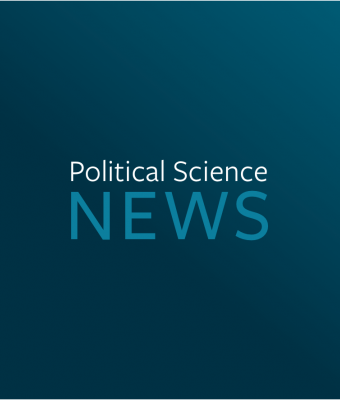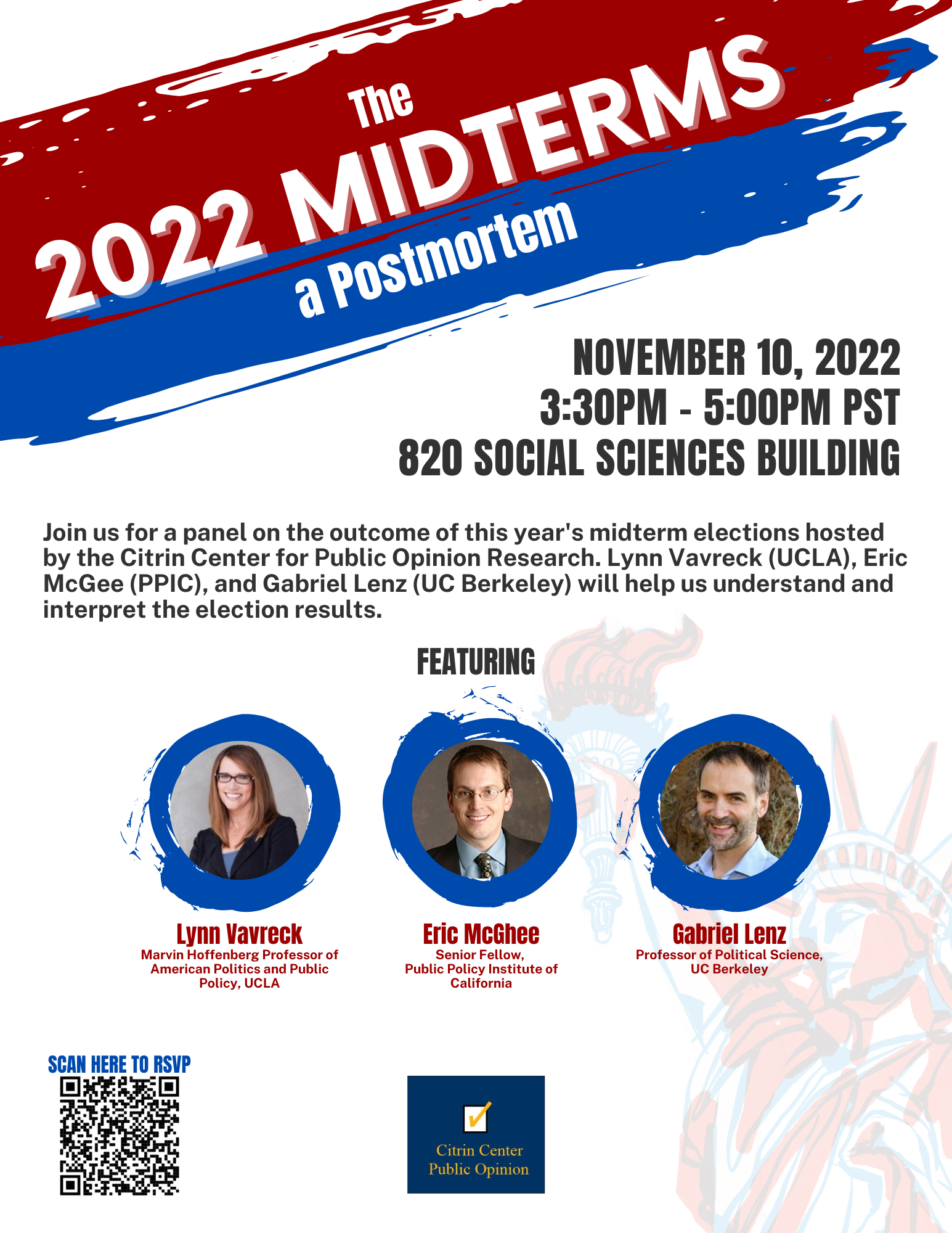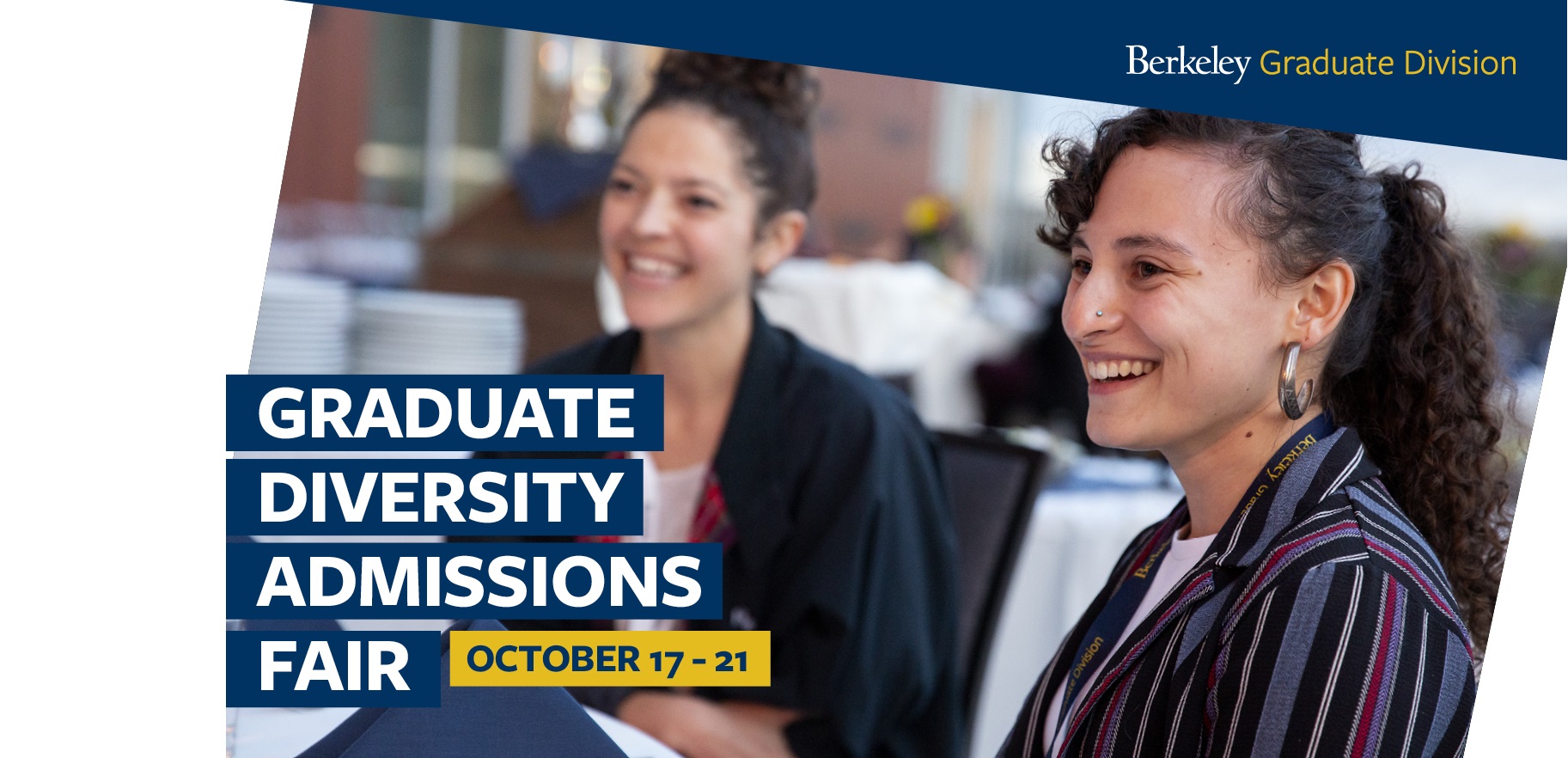

Special Topics in Political Theory: Rights
This course covers the history and theory of rights in recent scholarship in political theory and jurisprudence. The course is divided into two main parts. The first offers a history of rights in the West and explores some of the major textual sources of a modern ‘science of right.’ Among the major sources to be studied will be Roman private law (especially the crucial distinction between rights in rem and rights in personam), medieval canon law, the theory of natural rights, and major early modern sources on rights: Suarez, Grotius, Pufendorf, Hobbes, Locke, Bentham, and Kant. The seminar will also read major recent studies of this history, including Brett, Feenstra, Tierney, Tuck, Villey. The second part of the course proceeds to consider the major conceptual, normative, and interpretive problems on the status of rights in contemporary jurisprudence and political theory: Major problems for study in seminar may include the correlativity of rights and duties; the
‘Will Theory’ vs. ‘Interest Theory’ debate; the status of collective or group rights; the status of human rights; the function of rights in liberal political theory and constitutional democracy; the role of the state in a rights regime. Readings may include texts by Dworkin, Feinberg, Gilbert, Hart, Hohfeld, Kelsen, Nozick, Raz, Rawls, Sreenivasan, Waldron, and Wenar.
Workshop in Law, Philosophy & Political Theory
This course is a workshop for discussing works in progress in moral, political, and legal theory. The workshop creates a space for students to engage directly with philosophers, political theorists, and legal scholars working on normative questions toward the goal of fostering critical thinking about concepts of value and developing analytical thinking and writing skills. Another aim is to bring together people from different disciplines and perspectives who have strong normative interests or who speak to issues philosophers and theorists should know something about.
For Spring 2023, the workshop will focus on the intersection of religion with law, politics, and philosophy. The schedule of guest speakers will be posted as the semester approaches.
The format of the course is as follows. A designated student commentator will lead off with a 15-minute comment on the paper. The presenter will have 5-10 minutes to respond and then we will open up the discussion to the group. The first part of the course will be open to all, including non-enrolled students, faculty, and visitors who wish to participate in the workshop discussion. We’ll stop for a break at 2:00pm and those not enrolled in the course will leave. Enrolled students will continue the discussion with the guest from 2:10 to 3:00pm.
This is a shared seating course between the Law School (Law 210.2B), the Philosophy Department (Philosophy 290-6), and the Political Science Department (PS 211).
The Instructors for the Spring 2023 semester are: Jonathan Gould and Joshua Cohen
This course will follow Law's Academic Calendar meeting Fridays January 13th-April 21st (14 weeks). Please contact psgradadvise@berkeley.edu if interested in this course.
Attendance at the first class is required.
History of Political Economy
This course will consider the history of political economy as a history of economic and political discourses from the seventeenth to the twentieth century, paying particular attention to intersections with the history of legal thought. The focus will be on three themes: first, the transformation of the ancient theoretical vocabulary of polis and oikos into the modern vocabulary of civil society (or economy) and state; second, the emergence of the concept of the self-equilibrating economy in the eighteenth century, and subsequent controversies over its normative underpinnings; third, the rise and fall of classical political economy and its relation to its successor schools, nineteenth-century marginalism and twenty-century welfare economics. Readings will consist mainly of primary works by central figures in this historical tradition.
This course will follow Law's Academic Calendar meeting Mondays January 9th-April 24th (14 weeks). Please contact david.grewal@berkeley.edu if interested in this course.
Pipeline Initiative in Political Science (PIPS)
Are you interested in, or even just curious about, earning a PhD in political science or a related
field? Great! Berkeley’s Political Science Department is thrilled to announce a new initiative to
help undergraduate students learn about pursuing a PhD in political science.
This initiative is designed to help students learn about what it means to earn a PhD in political
science and how to prepare for and apply to PhD programs. The goal is to build a community of
undergraduate scholars who will be connected with each other and with faculty and graduate
students at Berkeley. Students will learn about political science research, ways to prepare to be
a competitive PhD applicant, and receive support and advice on the application process.
The program is open to students who are in at least their second year of college studies. The
program is focused on helping students from historically minoritized or underrepresented
groups, including but not limited to, non-cis-gendered individuals, members of the queer
community, BIPOC (Black, Indigenous, and People of Color), Latinx, individuals who are
differently abled or who experience disability, first-generation college students, and those from
low-income / low-resource backgrounds.
Students who are selected for the program will participate in a series of workshops throughout
the semester, will be advised on pursuing research opportunities as an undergraduate, and will
have the opportunity to receive mentoring from graduate students and faculty. Students may
earn one credit unit for completing the program.
Please apply via link: https://docs.google.com/forms/d/e/1FAIpQLSepklsqrI20FFDgVAWg1F5IQQJbcl-Mayb17L9s8NXD5yI9Zw/viewform?usp=sf_link
Applications will be evaluated on a rolling basis.


